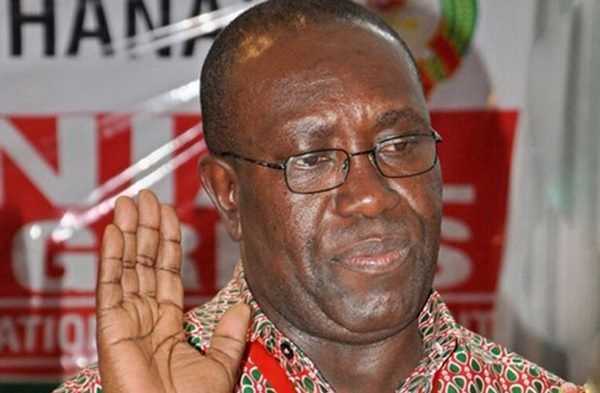Business
WORKERS WON’T PARTICIPATE IN DEBT EXCHANGE – TUC TO GOVT
-

 Business2 years ago
Business2 years agoGHANA WILL REACH IMF BOARD APPROVAL BY MARCH ENDING – DKMNEWS.NET
-

 Politics2 years ago
Politics2 years agoWE WILL PAY FOR HIS FILLING FEES, IF HE DOESN’T GO UNOPPOSED – BAWKU CENTRAL CONCERN YOUTH URGES – DKMNEWS.NET
-

 News3 years ago
News3 years agoUE/R: SPILLAGE OF THE BAGRE DAM , DESTROYS OUR CROP – FARMERS LAMENTS
-

 Politics1 year ago
Politics1 year agoWe will build Black Stars around local players – John Dramani Mahama
-

 News2 years ago
News2 years agoEARTH TREMOR HITS PART OF ACCRA.
-

 Media2 years ago
Media2 years agoBongo Ideas claims most girls stinks in attempt to get back at the Knust tweet saga
-

 National1 year ago
National1 year agoDr Bawumia is the best economist Ghana has ever had
-

 International2 years ago
International2 years agoFrance Starts Campaign To Combat Over Tourism At Sites Like Mont Saint Michel

